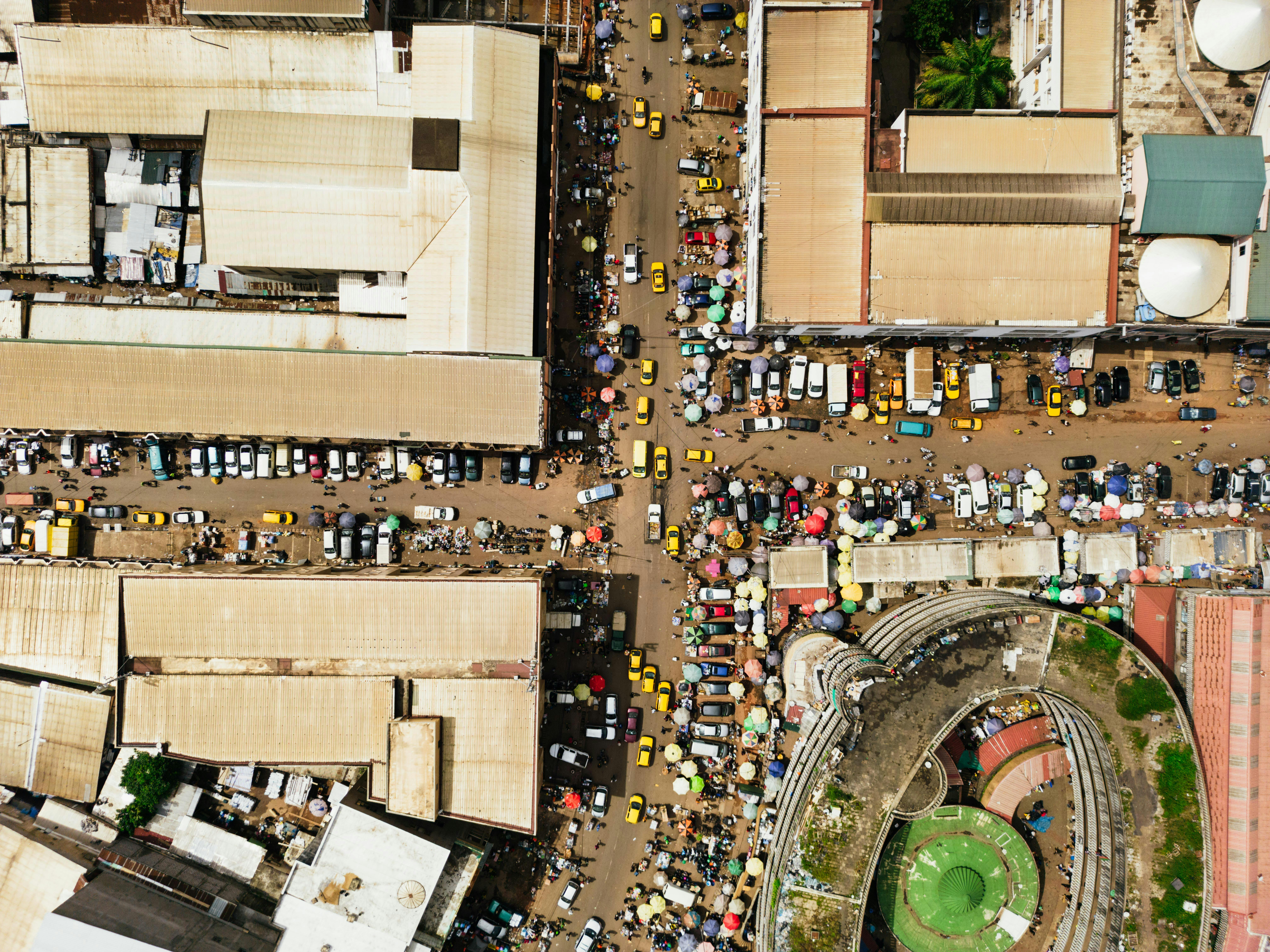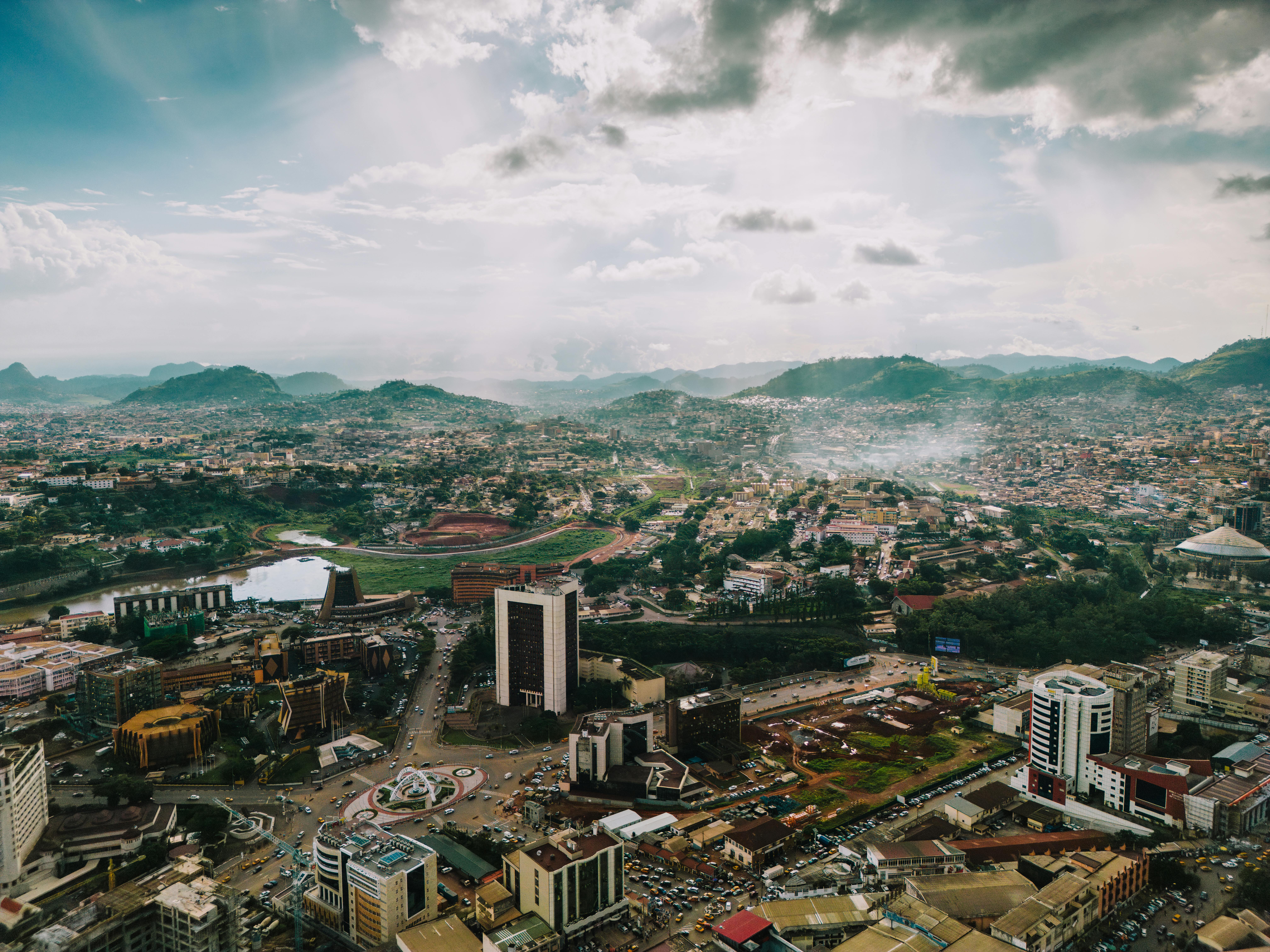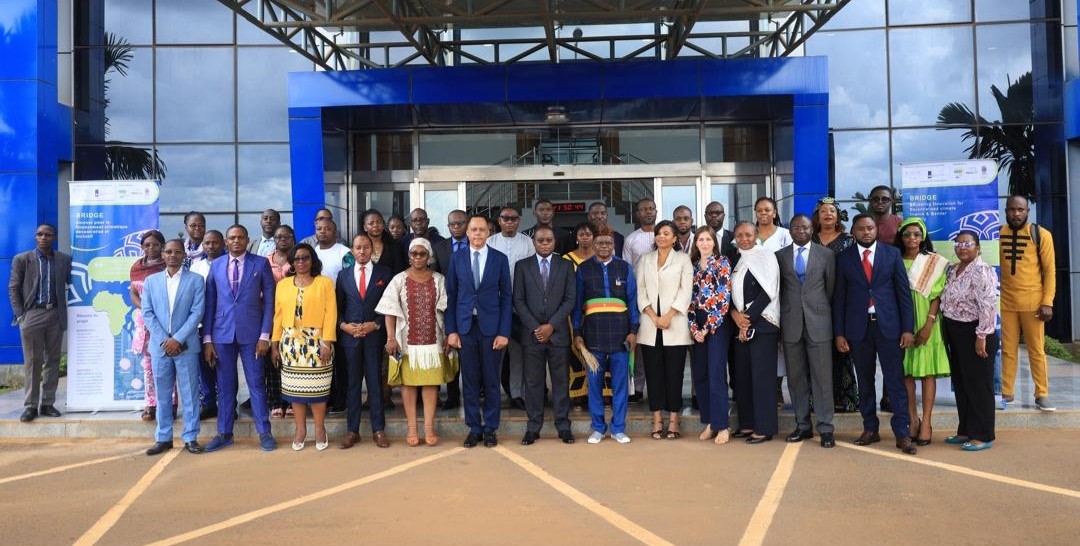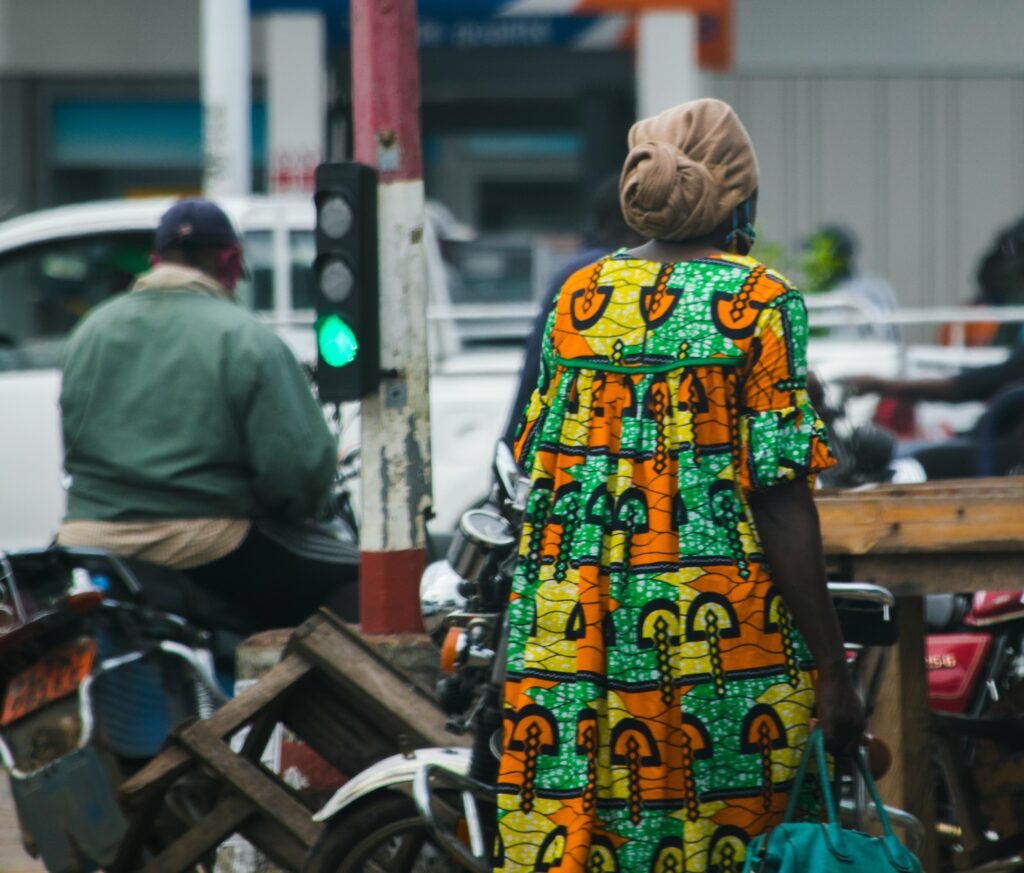chevron_left Back to News updates
9 September 2024
Unlocking finance for locally-led adaptation in Cameroon: Bridging the gap for inclusive climate action
Less than 3% of climate finance flows to Africa. The BRIDGE project is contributing to increasing the quantity and quality of finance flowing to Africa, for climate action.








